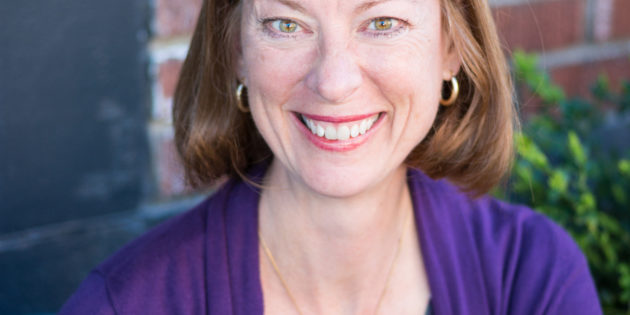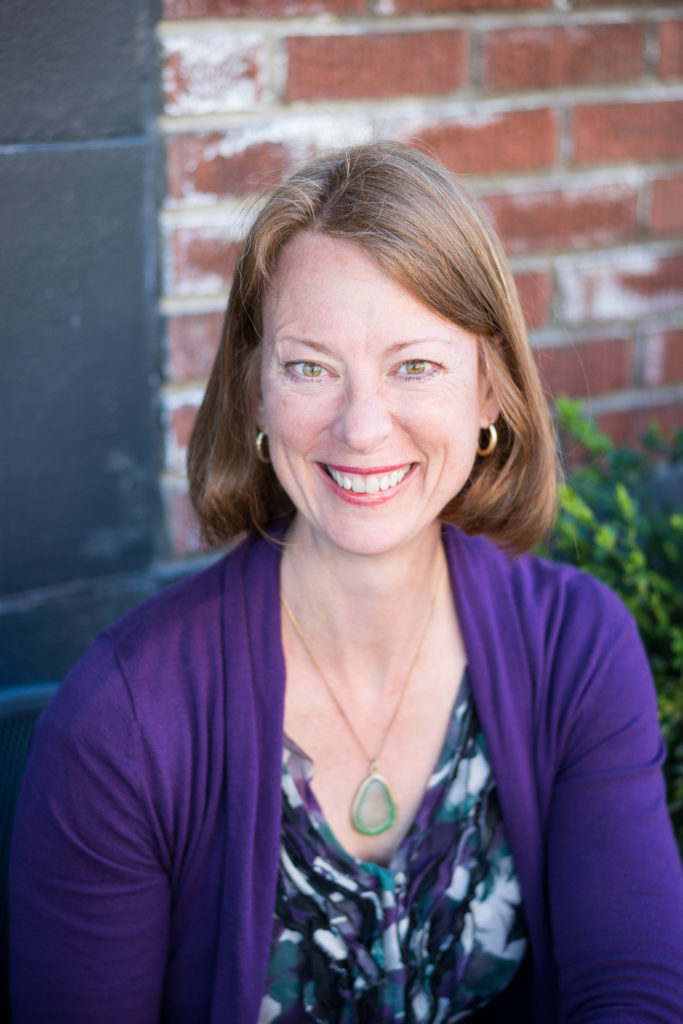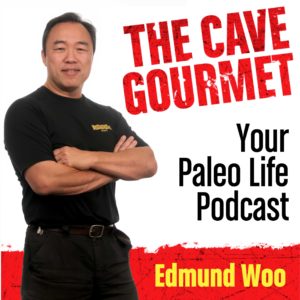Nadine is a Registered Nurse who worked in emergency departments and trauma centers for 18 years in Oregon. At age 40 her health deteriorated so rapidly she was certain she only had 6 months to live. She was diagnosed with Celiac disease and started a gluten free diet; within 2 weeks she felt much better and slowly nursed herself back to health.That was the impetus for her starting her own business in 2007 called RN on Call and becoming a gluten intolerance / Celiac disease educator.
4:20
Even after working in the ER for 18 years I had never heard of Celiac disease. The doctor who diagnosed me said it was extremely rare and that I could no longer eat gluten. Wheat, barley and oats were basically breakfast, lunch and dinner for me, and depending on how my shifts would go I would have a beer or two after work. I went to New York and was tested again and my Celiac panel and my skin biopsy came back negative. I stayed on the GF diet though and within 4 months I had gotten so much better I started my first business, RN On Call, which is basically me managing other peoples’ healthcare.
5:30
As a nurse I was so horrified by what I found out about gluten and Celiac disease that I started the Gluten-Free RN.
In the beginning when I started the GF diet I was still eating very poorly. I went to doctors and nutritionists and no one was really telling me what healthy actually was; I was just replacing foods with GF versions like pasta, and using GF soap. After 4 years my body still had not recovered enough, and I had deficiencies and anemia, so eventually I moved to dairy-free and soy-free and went on the paleo diet around 2011 and that was the game changer.
My friend Cain lives in Bend, Oregon and he started Paleo Magazine and was the one who originally suggested I go paleo with he and his wife. I tried it solidly for a year and after that everything had shifted. My body composition shifted; my labs were fabulous; I no longer had autoimmune diseases, all because I changed my diet.
9:30
When I originally started GF RN my intent was to educate my fellow healthcare providers, and only in the last few years are doctors starting to look at their patients completely differently. In fact the doctor who said I didn’t have celiacs disease ended up calling me a few months later and said she had been incorrect and that she had shifted to a GF, dairy-free, soy-free diet and that I shouldn’t eat corn either.
Why do you think some people stick with paleo and others don’t? Why is it so hard for people to do?
People either quit or they stop paying attention; there can be a lack of support from family or friends or partners; peer pressure from people at work; misinformation at the gym; a lot of times it’s just because food is addictive. Carbs are addictive, a lot of Americans have yeast overgrowth, and they want to eat sugar; high-carbohydrate food, white flour–it all turns into sugar and until you give your intestines 6 months to a year to heal; all these people are at risk of falling off the gluten-free or paleo bandwagon. It takes that long for your cells in your body to rid themselves of that need for carbohydrates. It can be tough, especially for people who don’t notice the benefits immediately or for people who don’t react to trace amounts of gluten. Some of us know immediately when we’ve had it.
The addiction is not just to the highly-processed carbs, it’s also whole wheat bread for example that people thought were healthy for years because your mom gave it to you. There’s the psychology and the physiology involved. The microbiomes are made up of many different bacteria; Yeast are a part of that and they want to eat that sugar, which the carbs turn into. There’s also the component where it actually has a morphine-like effect on peoples’ brain like a narcotic. People are medicating themselves with their food like a narcotic and it is very addictive. People are highly stressed and they want to treat or medicate themselves with food.
My entire household is GF, even the dog food. My 10-yr old daughter had belly pain and that was eliminated by eliminating gluten.
18:50
To test for gluten intolerance I encourage people to get a genetic test, which any doctor can order. I also recommend getting a baseline Celiac panel, which has at least 6 different components and is like putting puzzle pieces together. It’s also about symptomatics–do you have gut pain, do you have seizure disorders, nerve pain, diarrhea, constipation? It’s all related. I look at the big picture and put it all together.
It took me 9 years of collecting data and talking to people and going to conferences to get to where I felt comfortable enough writing my first book on a public health issue. The second book will be a more scientific book to revamp information we already have and presenting it in a way that makes sense.
Visit www.glutenfreern.com to access Nadine’s books, her podcast, social media, and to contact her.
Podcast: Play in new window | Download



Recent Comments